SD179 Salami Sword
Historically, the Salami Sword—sometimes spelled “Salami” or “Salami Talwar”—refers to a type of ceremonial or combat sword rooted in Islamic and South Asian military cultures. Its distinguishing feature lies in the gentle curve of the blade, which allows for powerful, flowing slashes, particularly from horseback.
| Brand |
|---|
Category: Medieval Swords
Description
The History Behind the SD179 Salami Sword – A Blade of Prestige and Tradition
The SD179 Salami Sword represents a distinguished chapter in the history of Islamic and South Asian weaponry. With its gracefully curved blade and ceremonial elegance, the Salami sword embodies both martial prowess and regal symbolism. Originating in regions spanning Persia, India, and the broader Islamic world, it served as a prestigious weapon for elite warriors, officers, and rulers for centuries.
Origins in Islamic and Indo-Persian Cultures
The term “Salami Sword” often refers to a ceremonial or presentation sword derived from the Talwar and Shamshir traditions. While not a combat classification on its own, “Salami” refers to swords that were gifted, presented in ceremonies, or awarded as tokens of honor and allegiance. These blades were deeply embedded in Islamic court customs, where sword gifting was a sign of respect, alliance, or imperial reward.
Design and Functionality
While ceremonial in purpose, most Salami swords were functional. Their curved, single-edged blades allowed for quick, sweeping cuts—especially effective for cavalry use. The curvature shared similarities with the Persian Shamshir, the Indian Talwar, and even the Turkish Kilij. These influences gave the blade a multicultural identity, blending aesthetics with battlefield utility.
The SD179 Salami Sword reflects this hybrid design. Its slender curvature, broad fuller, and stylized hilt are inspired by traditional ceremonial swords gifted by nobles and kings. Though modern in construction, its form honors centuries-old traditions rooted in loyalty, spirituality, and social hierarchy.
Ceremonial Use and Royal Associations
During the Mughal and Safavid eras, Salami swords were frequently exchanged between rulers and generals. These ornate weapons were displayed in durbars (royal courts), carried during military parades, and presented as diplomatic gifts. Some were even buried with nobles, symbolizing their undying service and rank.
In later centuries, colonial officers and native leaders in India continued the tradition of ceremonial sword exchange. British generals often received locally crafted Salami-style swords from Indian princely states, blending imperial military customs with native artistry.
Conclusion
The SD179 Salami Sword is more than a blade—it is a symbol of cultural refinement, political allegiance, and warrior pride. With roots in Persian, Mughal, and Islamic traditions, its historical value transcends warfare. It speaks of ceremony, loyalty, and timeless honor.
Reviews (0)
Be the first to review “SD179 Salami Sword” Cancel reply
About brand
We deals in khukries, daggers, knives, swords, medieval helmets, axes, shields, walking sticks, bugles, nautical, chain mail, horn items, etc.
Shipping & Delivery


Khukriwala Handicraft
We deals in Khukries, Daggers, Knives, Swords, Axes, handcuffs, Medieval helmets, Shields, Walking sticks, Bugles, Nautical, chain mails, horns and bone items, Leather items, miscellaneous items etc. We also do custom work.
Our Vision
- Our Products are handmade by the team of dedicated artisans and craftsmen who are richly experienced in their fields and products are thoroughly inspected by our quality control personnel’s at every stage of production.
- Each item is carefully and elegantly handmade with traditional skill handed down to us from centuries of experience and reliability.
- Our items include show pieces of historical & ancient figures reproduce to their originality and shape.
All our items are blunt edge. Handmade hand polished. Need to apply on blade to avoid rust. Items manufactured as manufactured in olden days. Not Novelty.


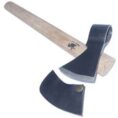
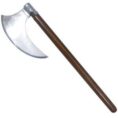
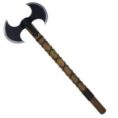
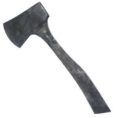








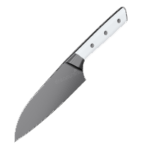


















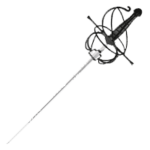



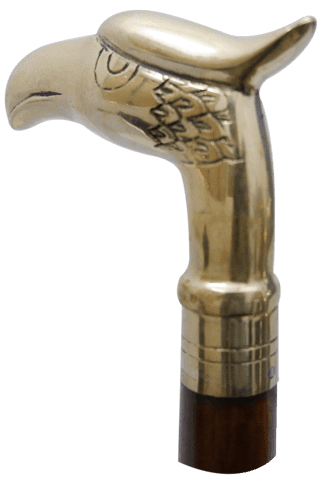












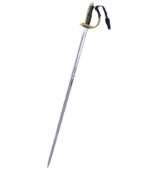
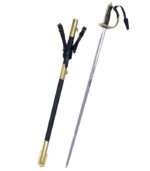
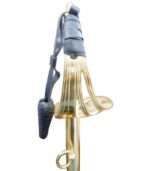

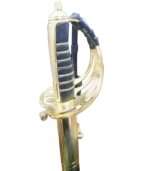
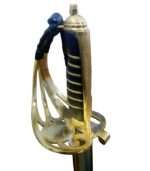
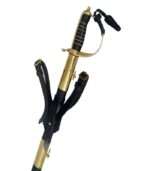
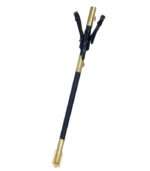
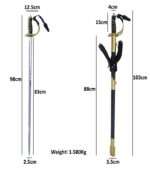
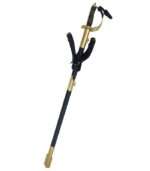
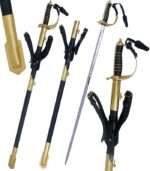
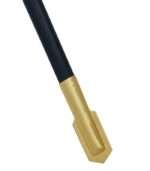
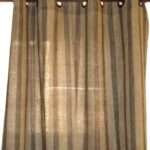
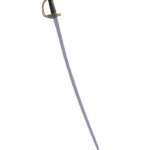
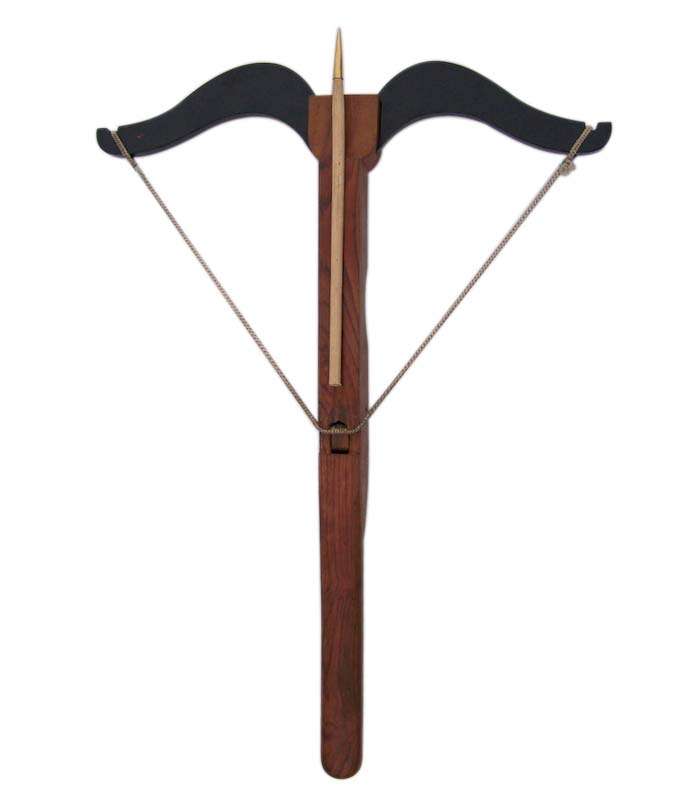


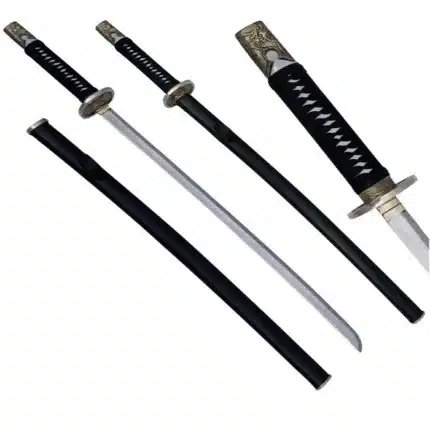
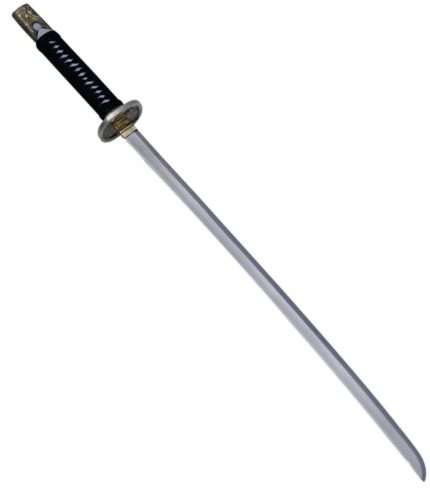
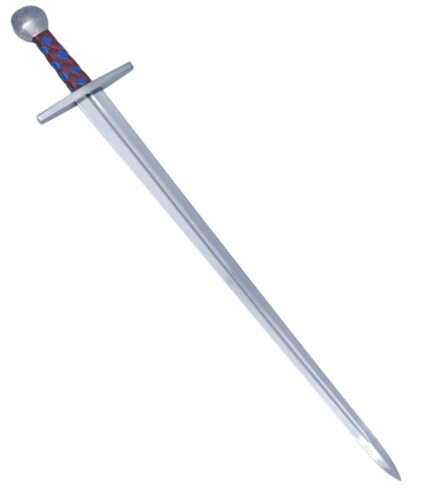
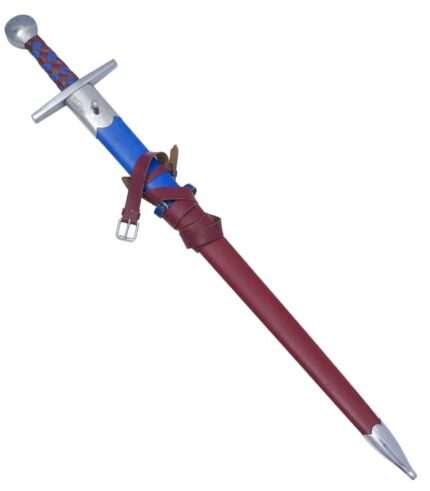
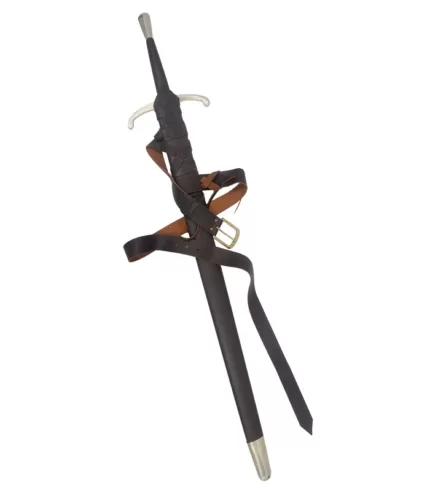
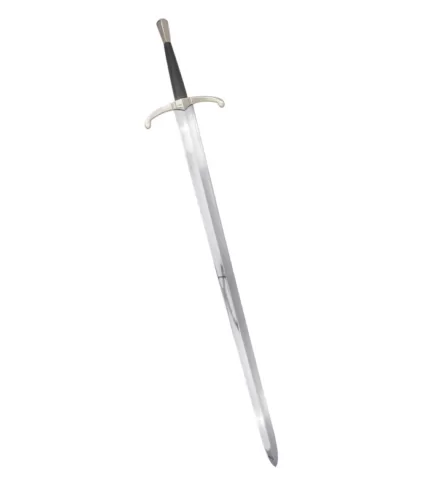
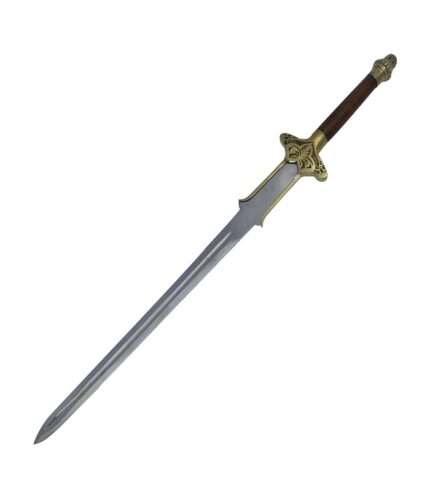
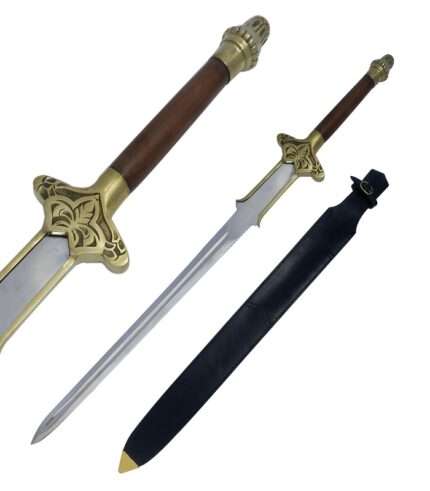
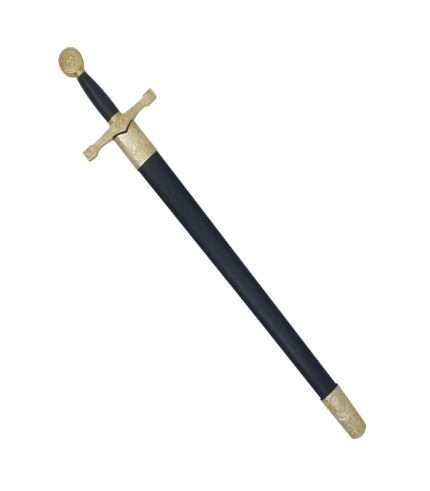
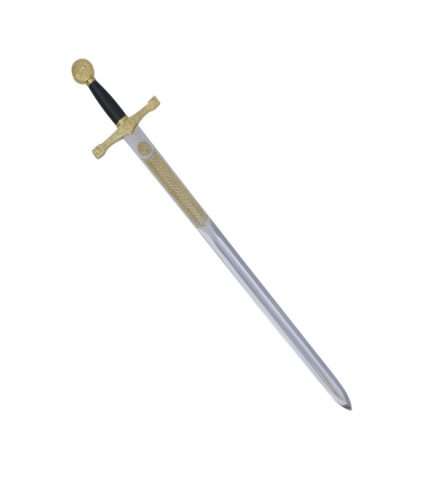
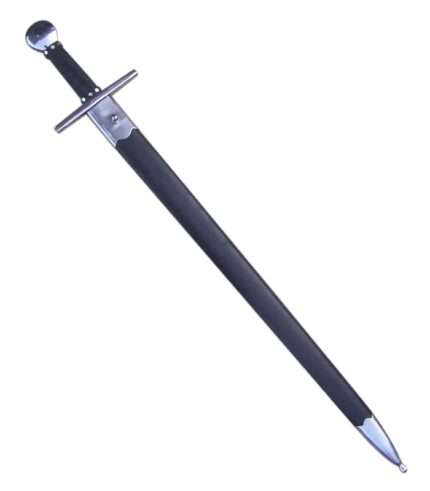
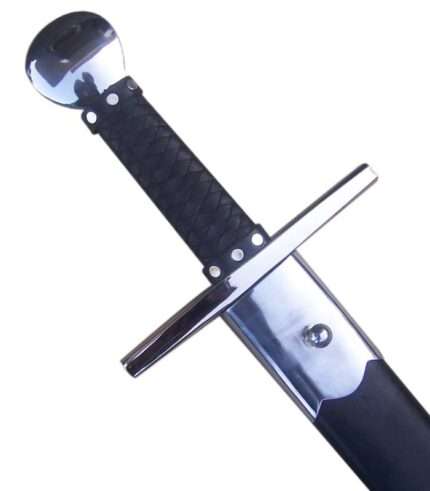

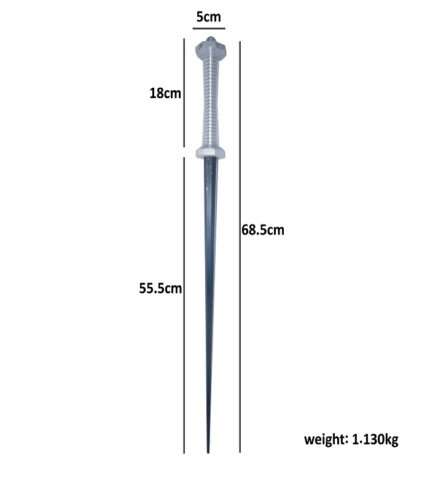
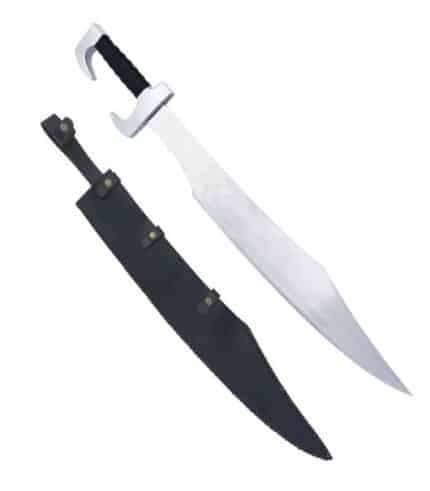
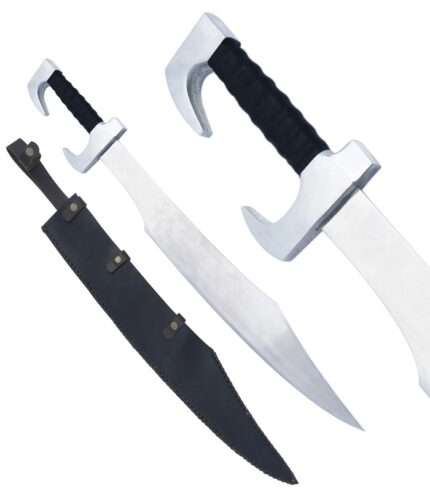
Reviews
There are no reviews yet.